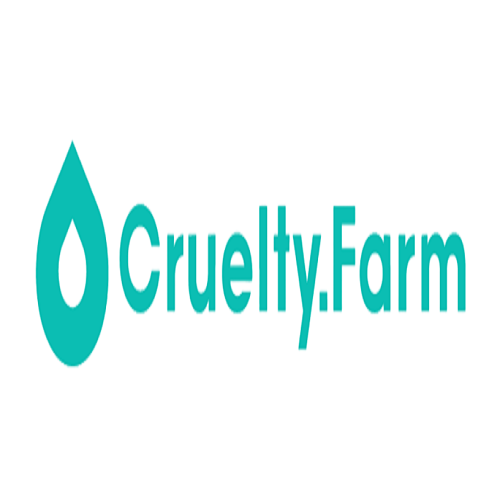Factory Farm Cruelty: An Ethical Crisis in Animal Agriculture
Cuerpo

Factory farming, a system of industrialized agriculture that raises large numbers of animals for food, has become a dominant method of food production worldwide. While it promises efficiency and lower costs, this system raises serious ethical concerns regarding animal welfare, environmental sustainability, and public health. The Factory Farms Cruelty is alarming, prompting a growing movement advocating for reform and awareness.
The Reality of Factory Farming
In factory farms, animals are often confined in overcrowded and unsanitary conditions. For instance, pigs are kept in gestation crates so small that they cannot turn around, while chickens are crammed into battery cages that restrict their movement entirely. These conditions not only violate basic animal welfare standards but also lead to physical and psychological suffering.
The focus on maximizing production often comes at the expense of animal health. Routine practices such as tail docking in pigs and debeaking in chickens are performed to minimize injuries that occur due to stress and overcrowding. However, these procedures are painful and can result in long-term suffering. The animals are frequently given antibiotics to combat diseases that arise from their unnatural living conditions, raising concerns about antibiotic resistance and food safety.
Environmental Impact
Factory farming does not only impact animal welfare; it also poses significant threats to the environment. The concentration of waste produced by large numbers of animals leads to pollution of air and water. Manure lagoons can overflow, contaminating nearby waterways and harming ecosystems. Moreover, factory farms are major contributors to greenhouse gas emissions, exacerbating climate change.
The high demand for feed crops, such as corn and soy, necessary to sustain factory-farmed animals contributes to deforestation and loss of biodiversity. The environmental degradation caused by factory farming is a pressing issue that extends far beyond the immediate suffering of animals.
Public Health Concerns
The conditions found in factory farms also pose risks to public health. The overuse of antibiotics in livestock not only affects animal health but also contributes to the rise of antibiotic-resistant bacteria, which can affect humans. Outbreaks of foodborne illnesses, such as Salmonella and E. coli, are often traced back to contaminated meat products derived from factory farms.
Additionally, the air quality around factory farms can be poor, leading to respiratory problems for nearby residents. The combination of these health risks underscores the urgent need to reevaluate our food production systems.
The Ethical Argument
The ethical concerns surrounding factory farming are substantial. The treatment of animals as mere commodities, valued only for their economic output, raises fundamental questions about our moral obligations to other sentient beings. Many philosophers argue that the capacity for suffering should compel us to treat animals with dignity and respect.
Organizations such as the Humane Society and PETA have been at the forefront of advocating against factory farming practices. They emphasize that animals are not objects to be exploited but living beings deserving of compassion. The growing awareness of these issues has sparked movements toward more humane farming practices and plant-based diets.
Moving Toward Change
Addressing the cruelty of factory farming requires collective action. Consumers play a critical role in driving change through their purchasing choices. By opting for products from humane and sustainable sources, individuals can support farms that prioritize animal welfare. Additionally, advocating for stronger animal protection laws and supporting organizations that promote ethical farming practices can amplify efforts for reform.
Education is also essential. Raising awareness about the realities of factory farming can inspire more people to consider the implications of their dietary choices. Social media campaigns, documentaries, and literature can effectively inform the public and encourage a shift toward compassion.
Conclusion
The cruelty associated with factory farming is a profound ethical crisis that impacts animals, the environment, and public health. As awareness grows, so does the movement advocating for change. By standing against the practices of factory farming and supporting more humane alternatives, individuals can contribute to a more compassionate and sustainable food system. The path forward requires commitment, education, and a collective desire to create a world where animals are treated with respect and dignity.











Comentarios